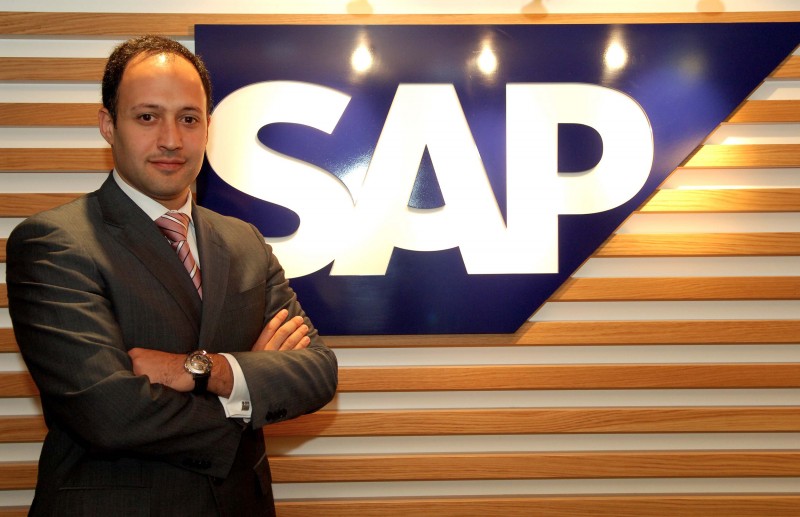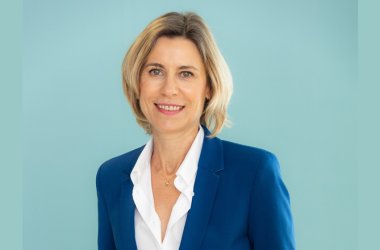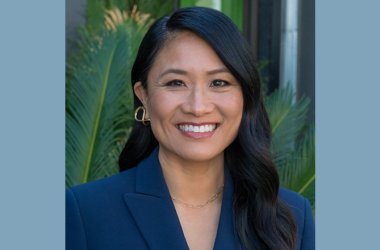
SAP has announced that Middle East organisations are adopting the latest Internet of Things (IoT) technology infrastructure to drive the wider region’s $8 billion market.
As the inter-connected Internet of Things era advances, Middle East organisations are forced to manage a vast network of connected devices, wearables, and physical objects – from cars to oil drills. Using machine-to-machine technology, organisations can provide a secure, usable infrastructure that shares machine and sensor data for actionable information in real-time.
In the Middle East and Africa, the Internet of Things spend is set to reach $8 billion in 2017, according to a recent report by IDC. In particular, the highest-spending industry verticals include manufacturing and transportation, both at $1.3 billion, and utilities at $918 million.
“Every industry vertical in the Middle East is set to be transformed by the Internet of Things – from smart utilities predicting service outages, to healthcare providers predicting patient treatments,” said Gergi Abboud, managing director, Gulf, Levant, North Africa, and Pakistan, SAP.
“The strength of an Internet of Things use case improves exponentially when you unleash the connectivity between all of the ‘things’ inside and outside of an enterprise across its supply chain. Hence, a secure Internet of Things platform on the cloud becomes vital for supporting next generation applications, which can scale up quickly and easily,” added Abboud
Showing the strong demand, 82 percent of organisations see the Internet of Things as “strategic” or “transformational” to their business, according to a recent survey by IDC.
In the Middle East, SAP is seeing strong demand for the SAP Leonardo digital innovation system. According to the firm, the solution provides technologies and services that lets organisations take advantage of embedded Internet of Things capabilities and other technology innovations on the cloud.
Th firm said it is already working closely with Middle East organisations on Internet of Things co-innovations, such as a remote inspection robot for the Dubai Electricity and Water Authority, and Emirates NBD bank on augmented reality housing loans.





